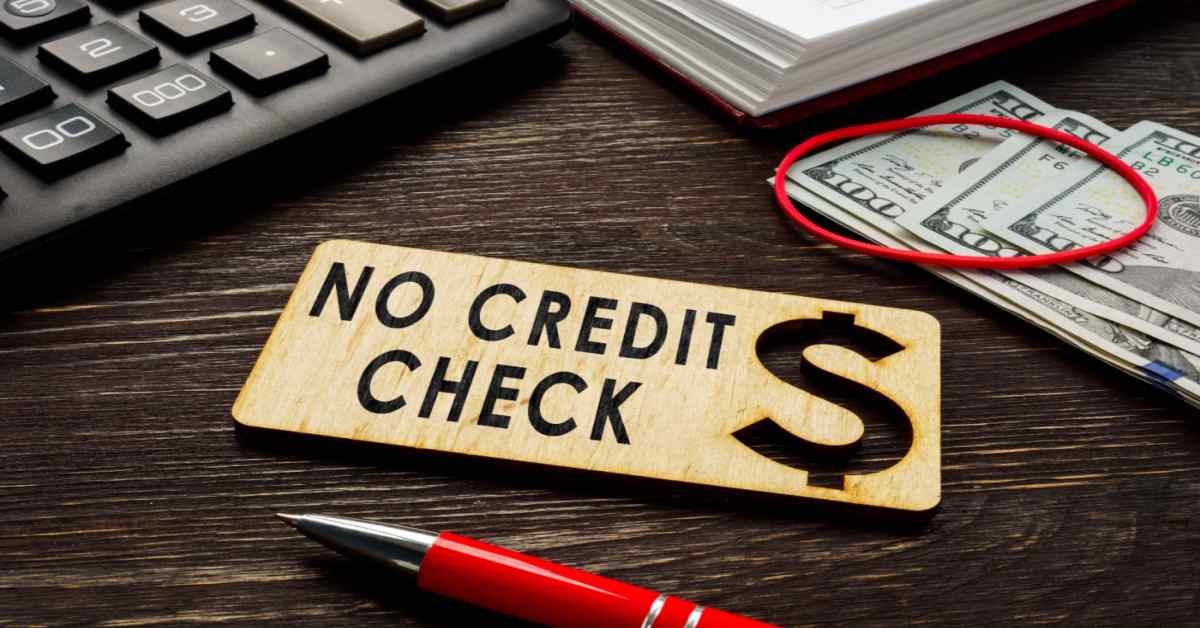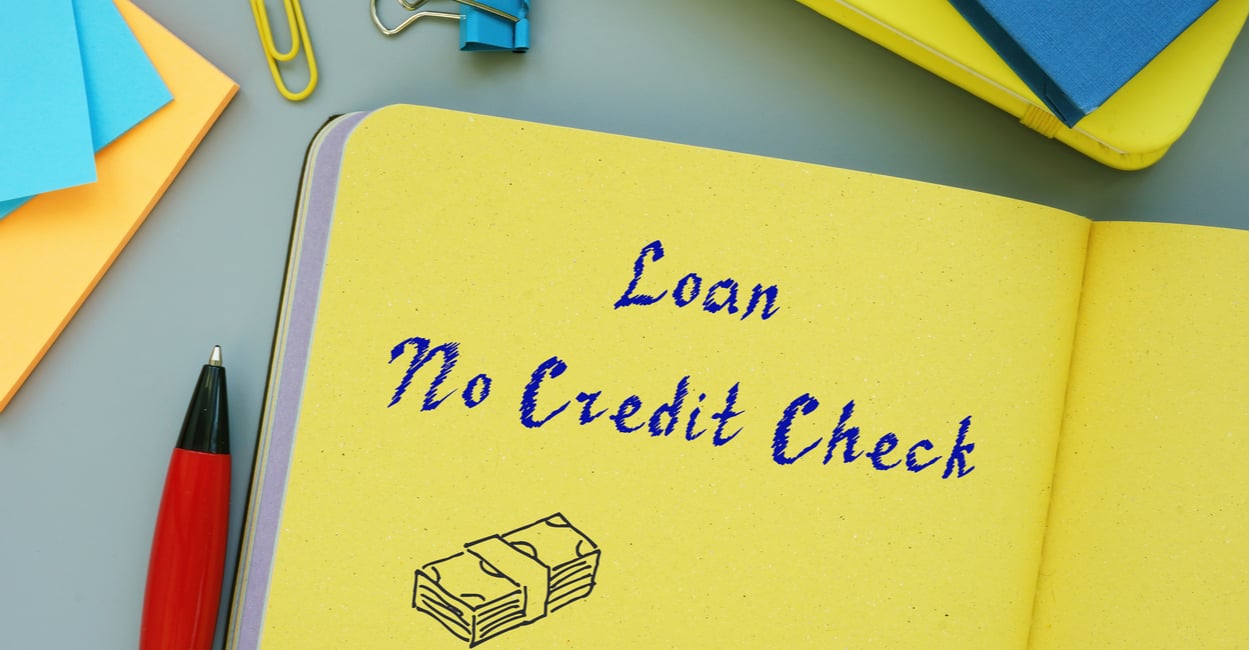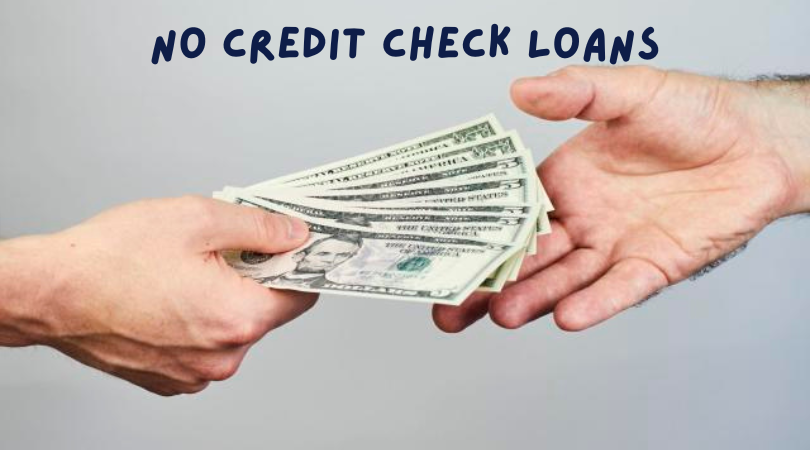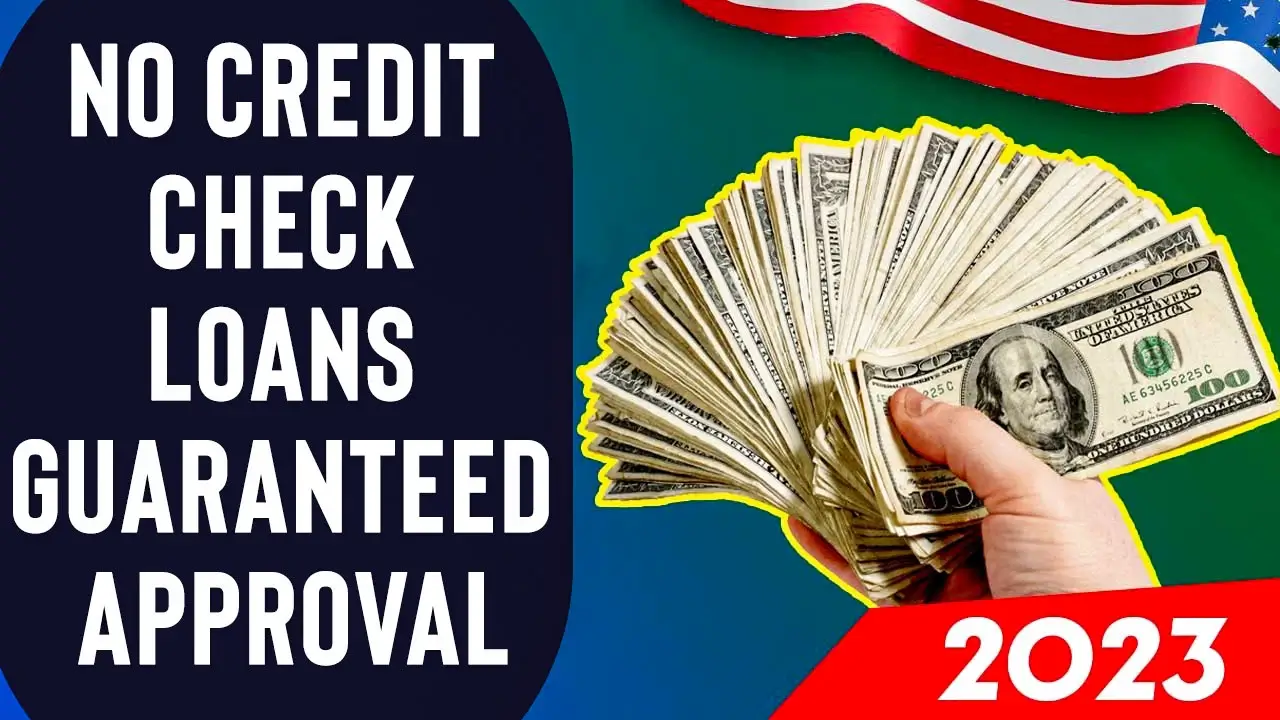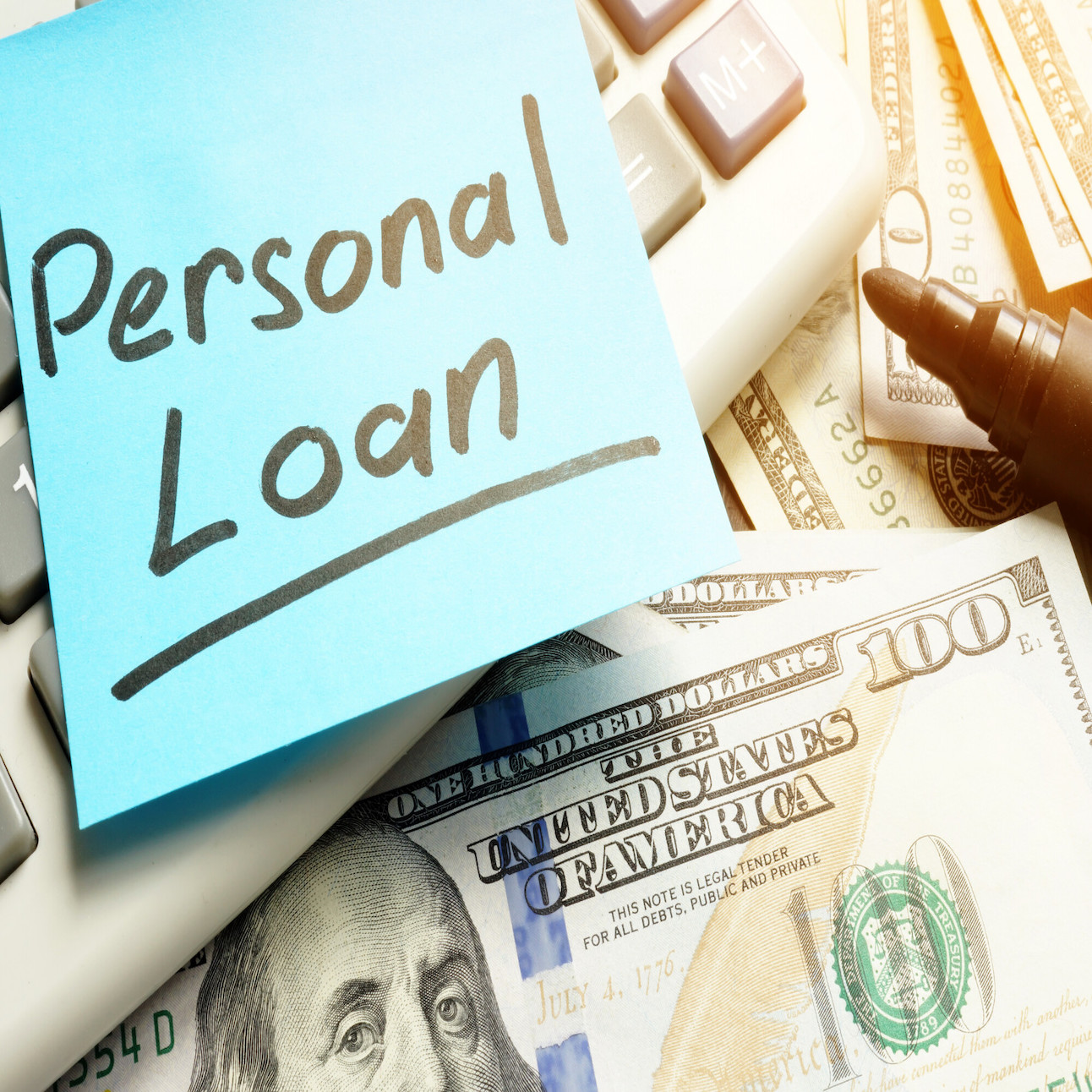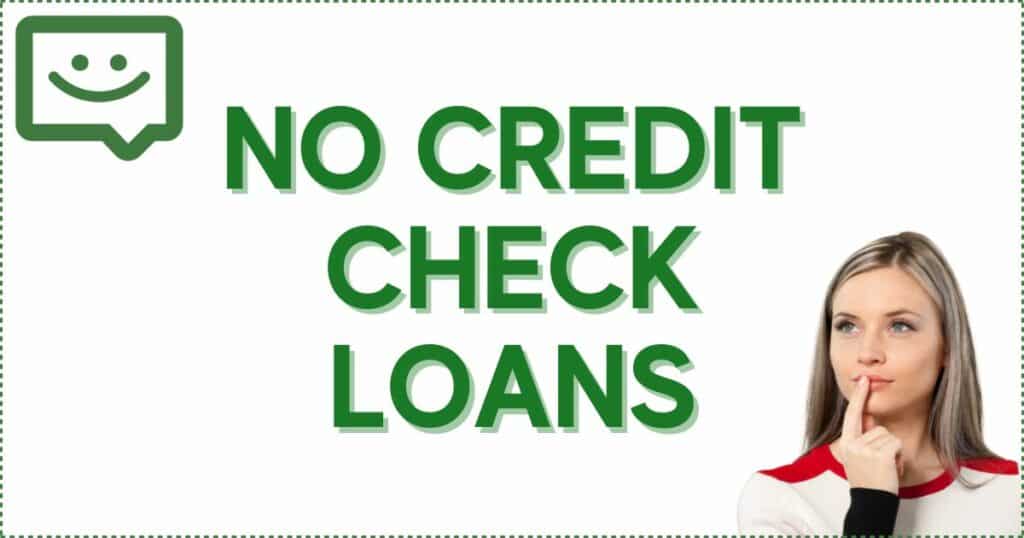200 Dollar Loan No Credit Check

The allure of quick cash, especially in times of financial strain, is undeniable. A growing number of online lenders are capitalizing on this need by offering $200 loans with "no credit check," promising immediate relief to those with less-than-perfect credit histories. But what are the true implications of these seemingly straightforward financial products?
These short-term, small-dollar loans, often marketed as a lifeline for emergencies, operate outside the traditional credit scoring system. This article examines the rise of these "no credit check" $200 loans, exploring their mechanics, potential pitfalls, and the vulnerable populations they often target.
The Appeal of Instant Approval
The primary draw of a $200 no credit check loan lies in its accessibility. Traditional lenders, such as banks and credit unions, typically require a credit score review, which can be a barrier for individuals with limited or damaged credit histories.
"No credit check" lenders bypass this requirement, focusing instead on factors like proof of income and a valid bank account. This allows them to approve applications quickly, often within minutes, and disburse funds electronically within the same day or the next.
This speed and convenience can be particularly appealing to individuals facing unexpected expenses like car repairs, medical bills, or overdue utility payments. The promise of immediate financial relief can overshadow potential risks.
How "No Credit Check" Loans Work
These loans are typically offered by online lenders, often operating outside the regulatory framework of traditional financial institutions. They often require borrowers to provide basic personal information, including their Social Security number, address, and employment details.
While a traditional credit check isn't performed, lenders usually verify income and banking information to assess the borrower's ability to repay the loan. This might involve accessing bank statements or requiring direct deposit of paychecks.
Repayment terms are typically short, ranging from a few days to a few weeks, and are often structured as a single lump-sum payment due on the borrower's next payday. This can create a cycle of debt if the borrower is unable to repay the loan in full.
The Hidden Costs of Convenience
The absence of a credit check comes at a significant cost: exorbitant interest rates and fees. These lenders often charge APRs (Annual Percentage Rates) that can range from hundreds to even thousands of percent.
According to a report by the Consumer Financial Protection Bureau (CFPB), "no credit check" loans often come with hidden fees and penalties, making them significantly more expensive than traditional loan products. These fees can include origination fees, late payment fees, and prepayment penalties.
Because these loans often have short repayment terms, borrowers who are unable to repay on time may be forced to roll over the loan, incurring additional fees and further increasing the total cost of borrowing.
Targeting Vulnerable Populations
These types of loans disproportionately affect low-income individuals and those with limited access to traditional financial services. These individuals often lack the financial resources to handle unexpected expenses and may see "no credit check" loans as their only option.
The Center for Responsible Lending has published multiple studies highlighting the predatory nature of many "no credit check" lenders, arguing that they often target vulnerable populations with misleading marketing tactics and excessive fees.
The ease of access and the promise of quick cash can mask the long-term financial consequences, leading borrowers into a cycle of debt that is difficult to escape. The lack of financial literacy and the desperation for immediate relief can make individuals more susceptible to these predatory lending practices.
Alternatives to "No Credit Check" Loans
Individuals facing financial difficulties should explore alternative options before resorting to "no credit check" loans. These options may include negotiating payment plans with creditors, seeking assistance from local charities or non-profit organizations, or exploring credit counseling services.
Credit unions and community banks often offer small-dollar loans with more reasonable interest rates and repayment terms. These loans may require a credit check, but the terms are generally much more favorable than those offered by "no credit check" lenders.
Building an emergency fund, even with small contributions, can provide a buffer against unexpected expenses and reduce the need for short-term loans. Exploring options for increasing income, such as a part-time job or side hustle, can also help alleviate financial strain.
The Regulatory Landscape
The regulation of "no credit check" loans varies by state, with some states imposing strict limits on interest rates and fees, while others have little or no regulation. The lack of federal oversight has allowed many of these lenders to operate with impunity, exploiting loopholes and targeting vulnerable consumers.
The CFPB has taken steps to regulate the payday lending industry, but these regulations are often challenged in court, and their effectiveness remains uncertain. Consumer advocacy groups are calling for stronger federal regulations to protect borrowers from predatory lending practices.
Increased awareness and education are crucial to empowering consumers to make informed financial decisions and avoid the pitfalls of "no credit check" loans. Understanding the true cost of borrowing and exploring alternative options can help individuals break free from the cycle of debt.
Conclusion
While the promise of a $200 "no credit check" loan may seem appealing in times of financial hardship, the high interest rates and fees associated with these loans can quickly trap borrowers in a cycle of debt. It's crucial to weigh the risks carefully and explore alternative options before resorting to these seemingly quick fixes.
Greater awareness, stronger regulations, and increased access to responsible financial services are needed to protect vulnerable populations from predatory lending practices and promote financial stability.
Ultimately, responsible financial planning and seeking help from reputable organizations are the best defenses against the allure and dangers of easy money.



